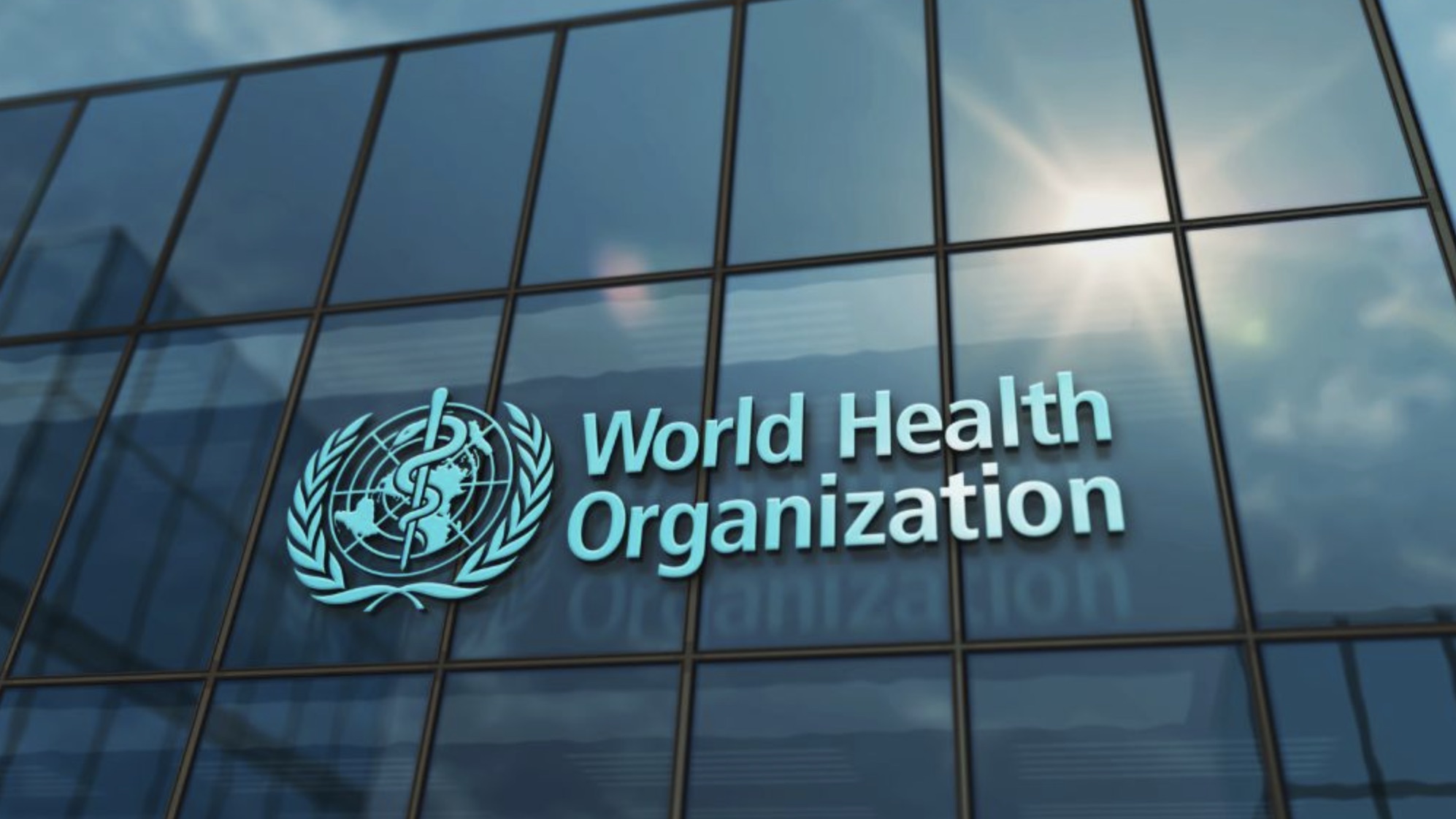On 2 December, the World Health Organization (WHO) released a new report on its website that addresses gambling and specifically gambling addiction.
The WHO estimates that 1.2 percent of the global adult population has a gambling problem. Analysts estimate that global gambling revenues will reach up to $700 billion by 2028. This growth is expected to be driven mainly by smartphone use in low- and middle-income countries. Gamblers on average account for up to 60 per cent of losses.
What all can cause problem gambling
Gambling can lead to an increased incidence of mental illness and even suicide. They can lead to poverty by diverting household expenditures on basic goods and services to appease gamblers' appetites. The damage caused by gambling also includes the breakdown of relationships, family violence, financial distress, theft, fraud, child neglect and the undermining of civic institutions through corruption and corporate political activity. Problem gambling is also said to be transmitted intergenerationally. Gambling is also, according to the WHO, a common way of laundering money obtained through illegal activities.

The WHO also points to the accelerating normalisation of gambling among the population, which is occurring through advertisements and digitalisation. Sponsorship and marketing are also said to be key factors in the rapid global growth.
The WHO does not like the legalisation of gambling
In its report, the World Health Organization also mentions the legalization of gambling in many countries, which it says is contributing to the worsening of the whole issue. They also see the normalisation of the association of cultural or sporting activities with companies offering gambling as a problem. Around 5.5% of women and 11.9% of men worldwide experience some level of harm as a result of gambling. A Swedish study estimates that problem gamblers are 15 times more likely to commit suicide. In Australia, at least 4.2% of suicides were found to be gambling-related.
In addition, the WHO also points out that it is not only gamblers who suffer from the problem, but also people around them who do not gamble. For every one addict, 6 or more people are affected by problem gambling. Problem gambling is especially common among people experiencing significant life events, including separation, retirement, injury, or the death of a loved one.

In particular, the increasing prevalence of online gambling, which is present in the lives of gamblers virtually around the clock, for example via smartphones, is considered a serious problem. At the same time, the strong promotion of online gambling also through sport risks normalising gambling also for children and young people.
What does the WHO recommend?
In countries where gambling has been legalised, governments typically receive high tax revenues from the industry. This can create a certain interconnectedness that discourages those in charge from reducing the harm caused. Thus, WHO recommends population-wide action, recommending that governments ban gambling advertisements across the board, ban the promotion and sponsorship of sports and other cultural activities, put in place effective self-exclusion tools, introduce universal loss limits or maximum betting amounts, and also introduce mandatory breaks from gambling. It also recommends regulation of gambling providers and more frequent warnings about the harms associated with gambling.
Argentina to ban advertising, sponsorship and welcome bonuses
An example of what the WHO wants the world to look like is currently being shown by Argentina. The Chamber of Deputies has approved a new bill that includes a nationwide ban on online gambling advertisements. This ban also applies to social networks. Gambling operators will be banned from sponsoring sports teams or athletes, and sports venues must not be named after gambling companies. Celebrities, athletes, public figures or even fictional characters will be banned from promoting gambling.

The bill also bans welcome bonuses from online gambling operators. Operators will be required to implement biometric facial identification systems to ensure that minors cannot access online gambling platforms. Advertising will only be allowed within authorised gambling premises, provided that such advertising includes a warning about the dangers of gambling.
What do you think of the new WHO recommendations? Do you agree with these proposals or would you address this issue in a different way. Let us know in the comments on our social networks.
Source - who.int, gamblingindustrynews.com, vilaysports.com, casino.betmgm.com, cdx.vox-cdx.com, shutterstock



